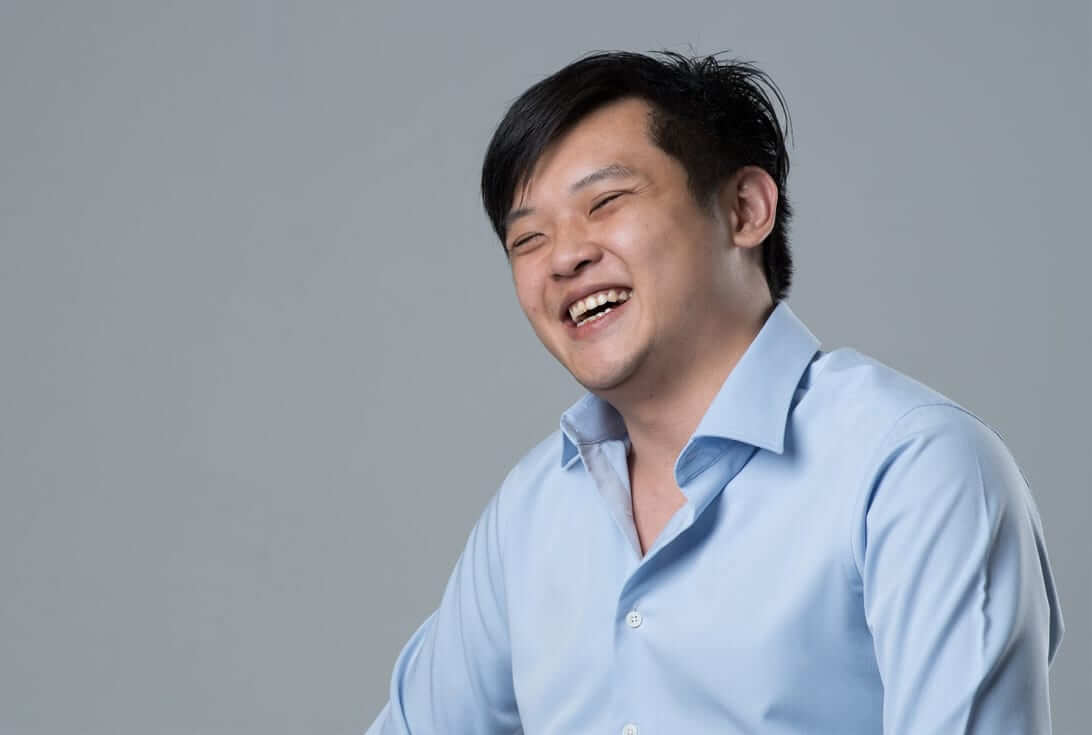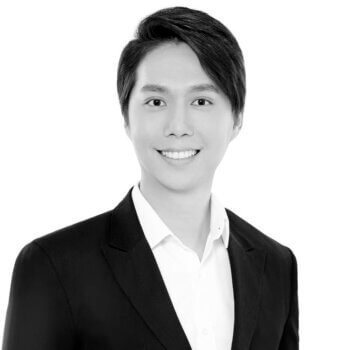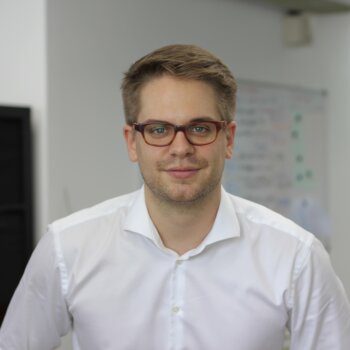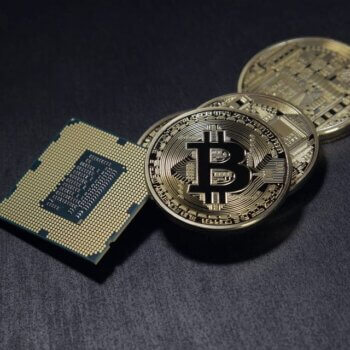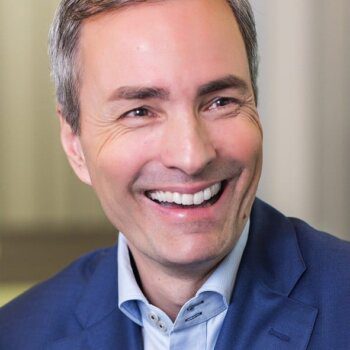James Soh has found a niche market with his venture, Renopedia, combining renovations and digital media.
What’s your story?
My name is James Soh and I’m 32 years old. My parents are from Malaysia and they brought me to Singapore when I was 5. They were poor and we lived in one room when we first arrived. I was raised with proper education thanks to them. At the age of 19, I joined a multi level company and decided to quit University. However, at the age of 22, I owed close to $50,000 to banks. Then I went into the F&B business and lost $20,000. I was near bankrupt and had to find a job at the age of 25 to pay off my debt. I went many interviews and over 20 employers rejected me. Then I went into a publishing firm selling magazine advertisements and became the top sales exec there for a consecutive 36 months. But the world is changing and traditional media is starting to become less appealing to the advertiser. Thus I had to leave traditional media at the age of 30 and I started renopedia.
What excites you most about your industry?
Our industry consists of two main industries, the renovation industry and the digital media industry. In the renovation industry you can see different professionals working long hours and putting blood, sweat and tears into their trade. The renovation industry in Singapore is very competitive. It is very advertising driven. At renopedia, we serve as a medium to help these companies. Because of the competitiveness, our platform becomes very valuable to them. And the digital media industry is interesting as it changes every day and a digital marketer like us has to keep learning new skill sets and new things all the time to keep up.
What’s your connection to Asia?
We are currently based in Singapore but we have fans in Malaysia who love reading our blogs and looking at our renovation videos. In Singapore, homes are so small that interior designers do not just have to do designs, but they also have to work on the space constraint issue. Singapore homes are not as small as Hong Kong or even Japanese homes so we find our content relevant overseas.
Favourite city in Asia for business and why?
It is still Singapore as this is the country where I grew up, where I received a proper education and made most of my friends. Singapore on the map is a very small country, but we have a strong infrastructure that can match any large country. In Singapore, individuals are well-protected by government. I might be a bit biased as this is the country that I grew up in and love.
What’s the best piece of advice you ever received?
It will always be this sentence. “What doesn’t kill, you makes you stronger.” It is a piece of advice that I find so important whenever I met with a challenge. I will continue to persist and continue to have a strong belief in my life values.
Who inspires you?
My father. We were very poor when we came to Singapore. He worked as a television salesman, going from door to door. He gave our family a shelter by working hard and brought up my two sisters and I. Even though life was tough for him, he never complained and the reason he persisted was for his love for the family.
What have you just learnt recently that blew you away?
These past two years I have travelled to China, Taiwan and Malaysia. There I learned that technology is very advanced. For instance, in most parts of Asia, we still rely on manual labour to carry out certain tasks such as the breaking down of a wall, the laying of tiles and carpentry for example, however in many countries, machines have already replaced the labour workforce. Nowadays, starting a business is not just about having a vision, a direction and a lot of hard work, it is also about innovation, automation and productivity.
If you had your time again, what would you do differently?
To say the truth, I am a businessman constantly thinking of concepts and ideas. I do not really look back and I do not live with regrets. In my past, I have made several mistakes, however all these wrongs are the things that have made me who I am now.
How do you unwind?
I unwind by getting myself out of work, watching movies with friends and reading books at home.
Favourite Asian destination for relaxation? Why?
It is Malaysia. It is the place that I was born. Every time I go back, I feel like going back to somewhere that is very familiar.
Everyone in business should read this book:
Three books that I believe we should read
Think and Grow Rich
Rich Dad Poor Dad
40 Hour Work week
Shameless plug for your business:
We are not the first renovation platform in Singapore, but we are the newest, youngest, fastest growing and now the number one online renovation media.
How can people connect with you?
Through our Facebook page. Social Media is the in thing today. You can look for our Facebook, Instagram and LinkedIn pages.
Twitter handle?
https://twitter.com/RenopediaSG
—
This interview was part of the Callum Connect’s column found on The Asian Entrepreneur:

Take the ‘Key Person of Influence’ scorecard <http://www.keypersonofinfluence.com/scorecard/>
Connect with Callum here:
twitter.com/laingcallum
linkedin.com/in/callumlaing
Get his free ‘Asia Snapshot’ report from www.callumlaing.com
